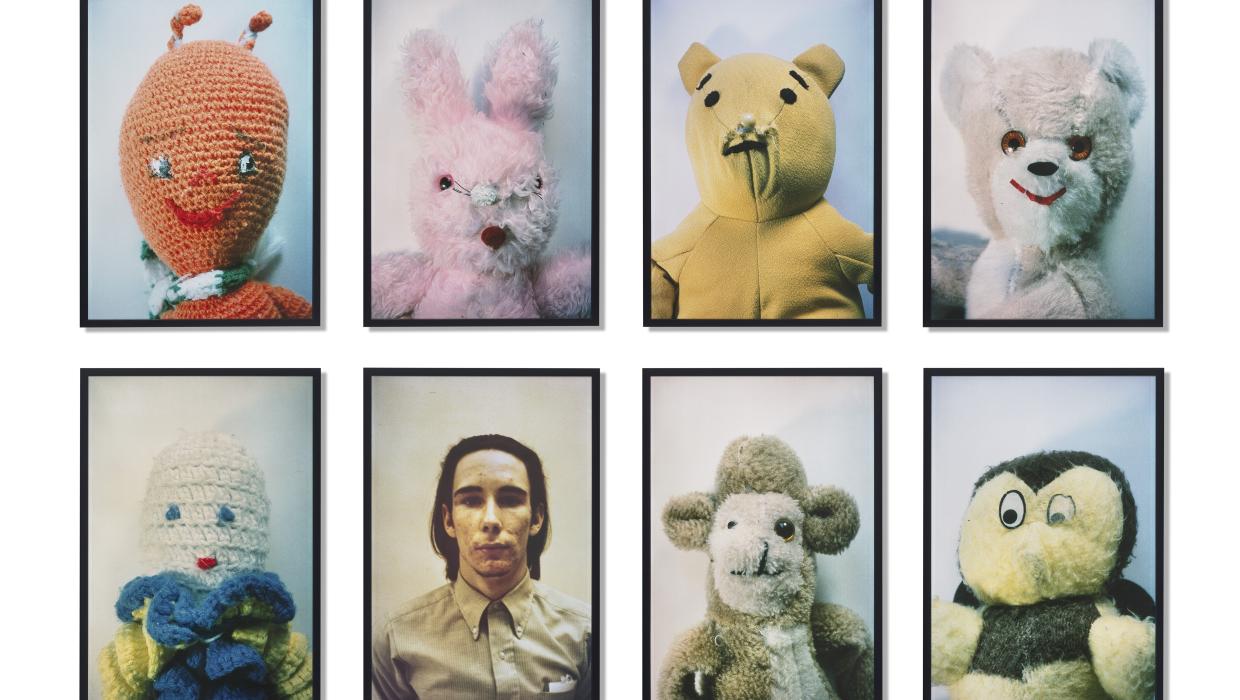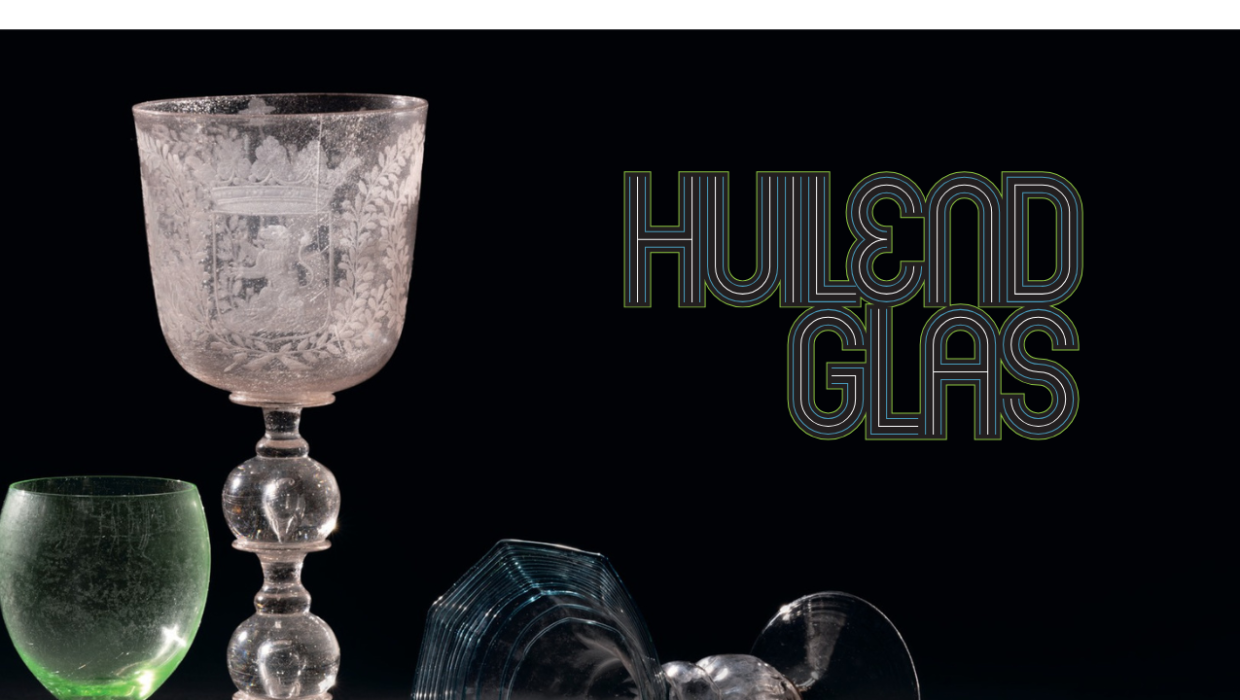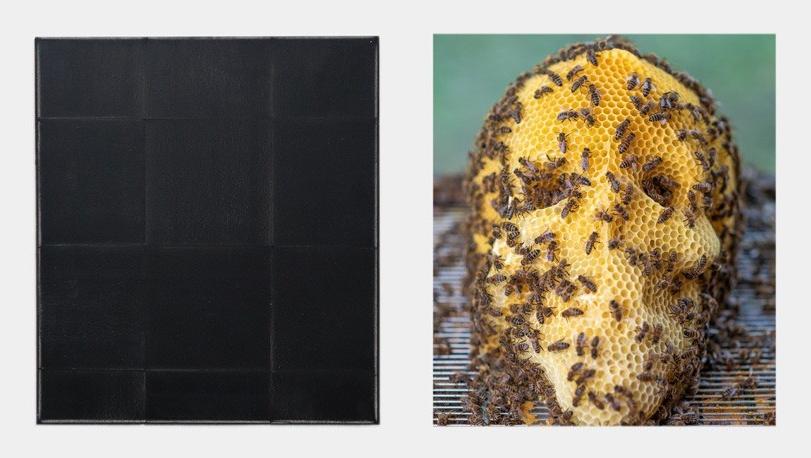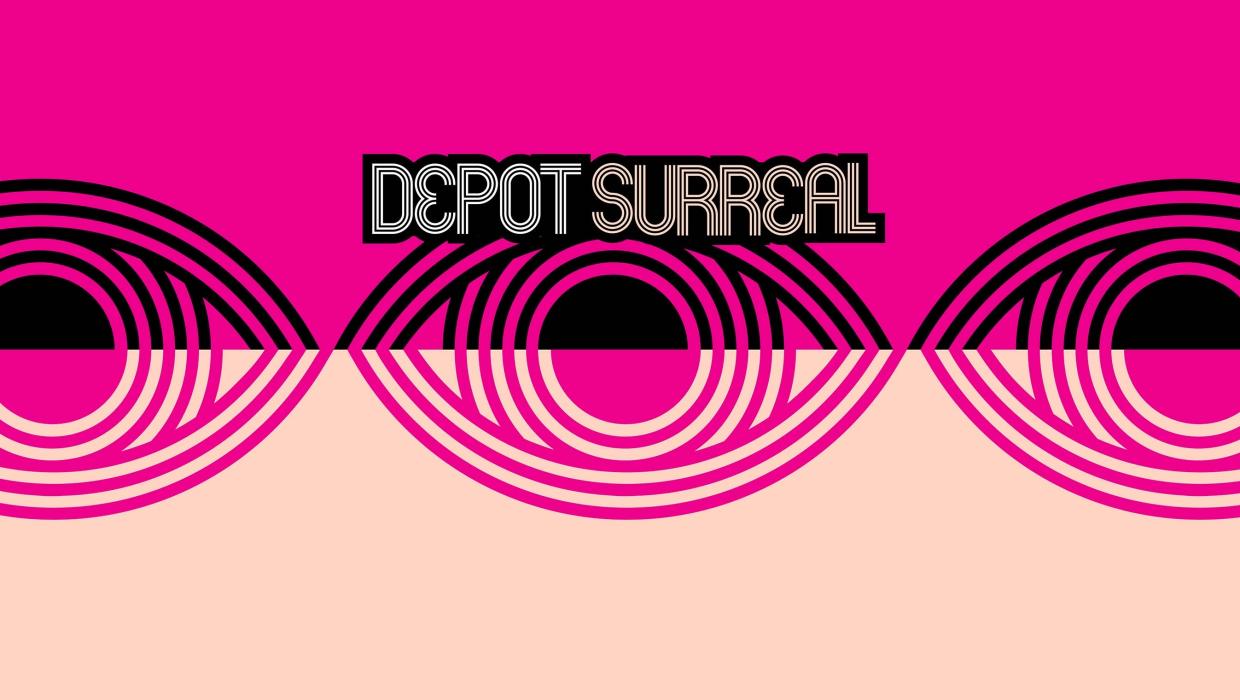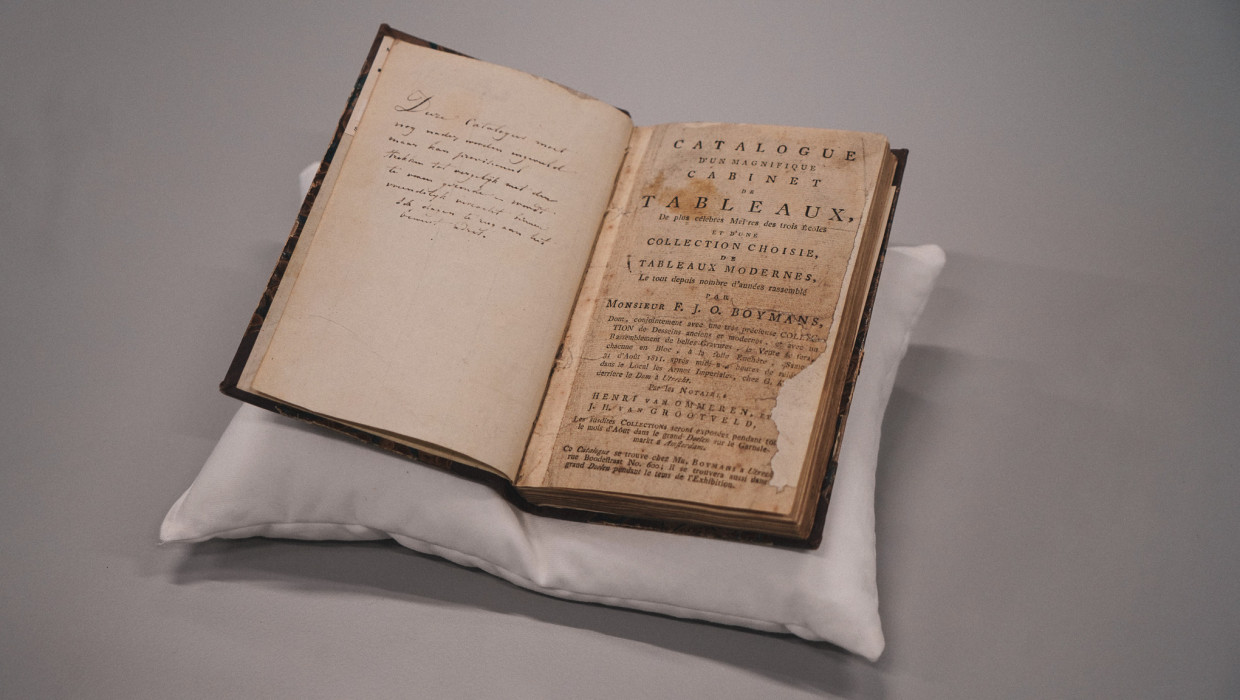Seeing & doing
8 results
To do
View archiveBefore & after your visit

Restaurant Renilde
The depot has a (literally) glistening exterior and a spectacular interior. Another special experience awaits visitors who take the express lift to the sixth floor. The depot’s roof not only provides a spectacular panoramic view of the city, but it also has a a restaurant, named Renilde, beautifully situated in a green oasis. And all of this in the heart of Rotterdam!
More about Renilde
The Boijmans Collection Online
There are thousands of artworks on Boijmans Collection Online. The museum takes you on a journey through the history of art.
View the online collection

